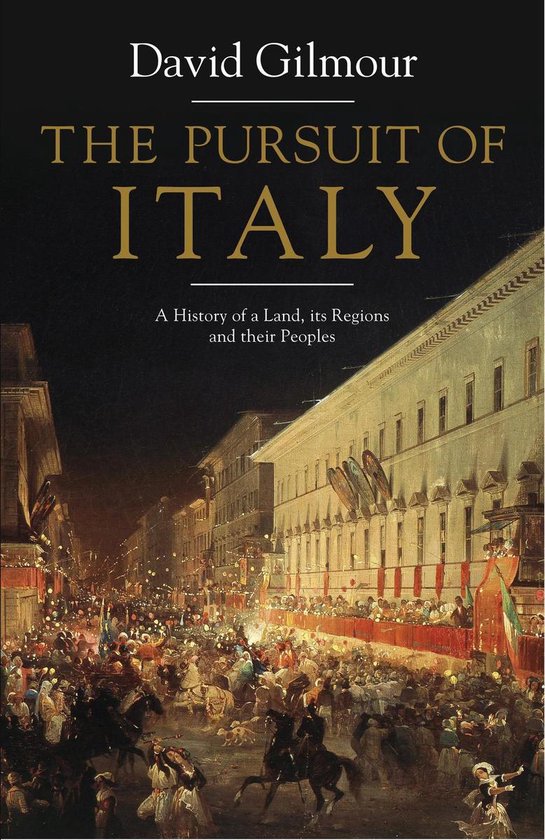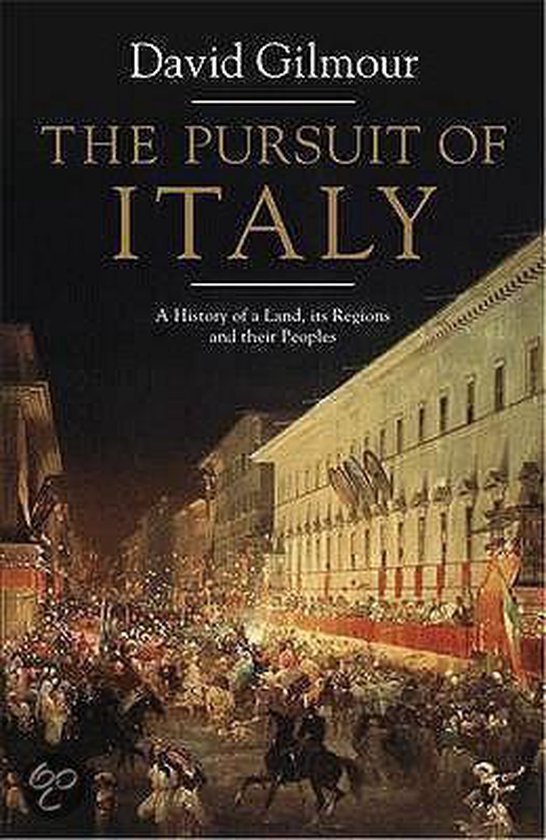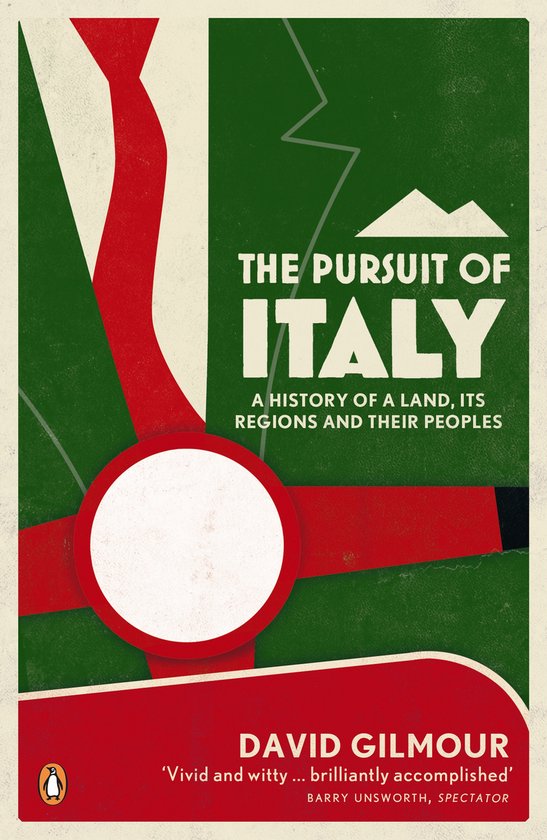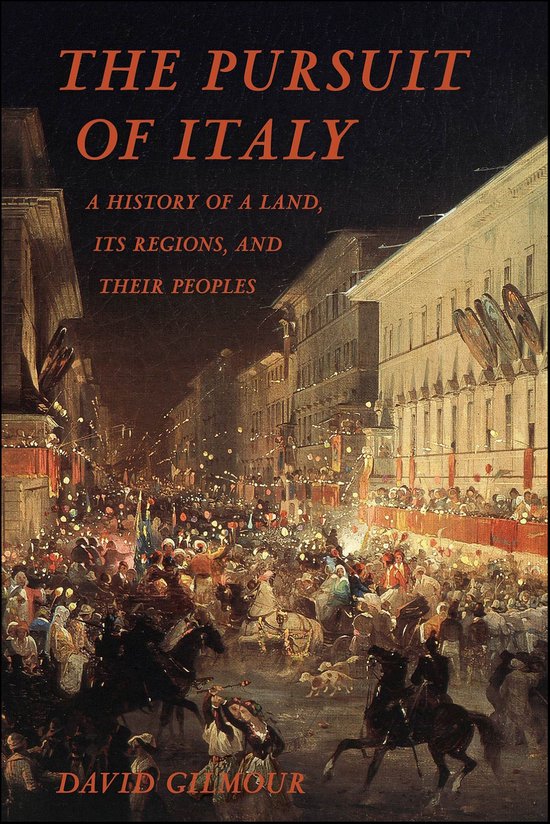
The Pursuit of Italy
Visiting a villa built by Lorenzo dé Medici outside Pisa, David Gilmour fell into conversation about the unification of Italy with a distinguished former minister: '"You know, Davide," he said in a low conspiratorial voice, as if uttering a heresy, "Garibaldi did Italy a great disservice. If he had not invaded Sicily and Naples, we in the north would have the richest and most civilized state in Europe." After looking cautiously round the room he added in an even lower voice, "Of course to the south we would have a neighbour like Egypt."'
Was the elderly Italian right? Was the unification of Italy a mistake? The Pursuit of Italy traces the whole history of the Italian peninsula in a wonderfully readable style, full of well-chosen stories and observations from personal experience, and peopled by many of the great figures of the Italian past, from Cicero and Virgil to Dante and the Medici, from Cavour and Verdi to the controversial political figures of the twentieth century. The book gives a clear-eyed view of the Risorgimento, the pivotal event in modern Italian history, debunking the influential myths which have grown up around it.
Gilmour shows that the glory of Italy has always lain in its regions, with their distinctive art, civic cultures, identities and cuisine. The regions produced the medieval communes and the Renaissance, the Venetian Republic and the Grand Duchy of Tuscany, two of the most civilized states of European history. Their inhabitants identified themselves not as Italians, but as Tuscans and Venetians, Sicilians and Lombards, Neapolitans and Genoese. This is where the strength and culture of Italy still comes from, rather than from misconceived and mishandled concepts of nationalism and unity.
This wise and enormously engaging book explains the course of Italian history in a manner and with a coherence which no one with an interest in the country could fail to enjoy.
Was the elderly Italian right? Was the unification of Italy a mistake? The Pursuit of Italy traces the whole history of the Italian peninsula in a wonderfully readable style, full of well-chosen stories and observations from personal experience, and peopled by many of the great figures of the Italian past, from Cicero and Virgil to Dante and the Medici, from Cavour and Verdi to the controversial political figures of the twentieth century. The book gives a clear-eyed view of the Risorgimento, the pivotal event in modern Italian history, debunking the influential myths which have grown up around it.
Gilmour shows that the glory of Italy has always lain in its regions, with their distinctive art, civic cultures, identities and cuisine. The regions produced the medieval communes and the Renaissance, the Venetian Republic and the Grand Duchy of Tuscany, two of the most civilized states of European history. Their inhabitants identified themselves not as Italians, but as Tuscans and Venetians, Sicilians and Lombards, Neapolitans and Genoese. This is where the strength and culture of Italy still comes from, rather than from misconceived and mishandled concepts of nationalism and unity.
This wise and enormously engaging book explains the course of Italian history in a manner and with a coherence which no one with an interest in the country could fail to enjoy.
| Auteur | | David Gilmour |
| Taal | | Engels |
| Type | | E-book |
| Categorie | | Reizen |




